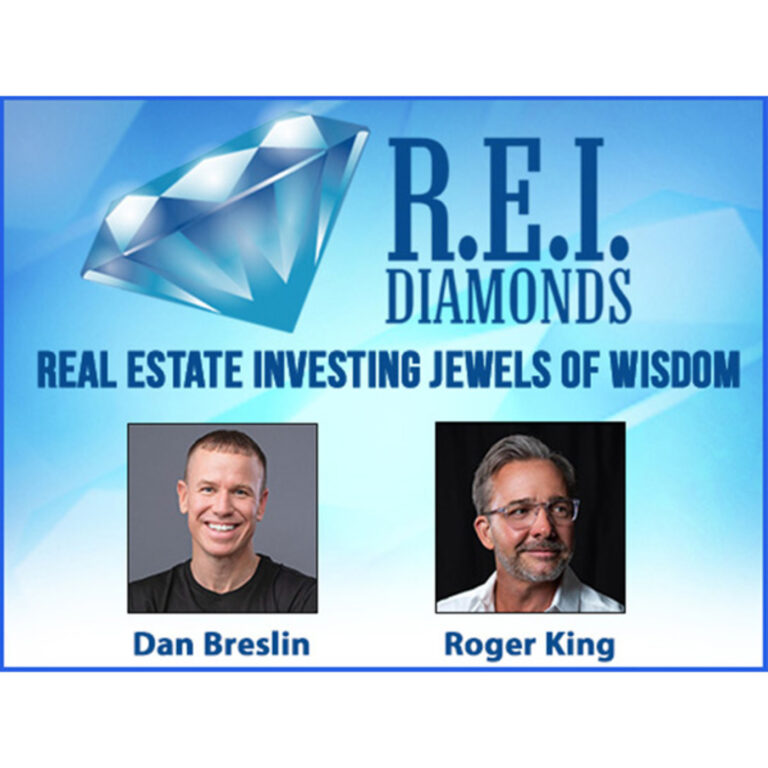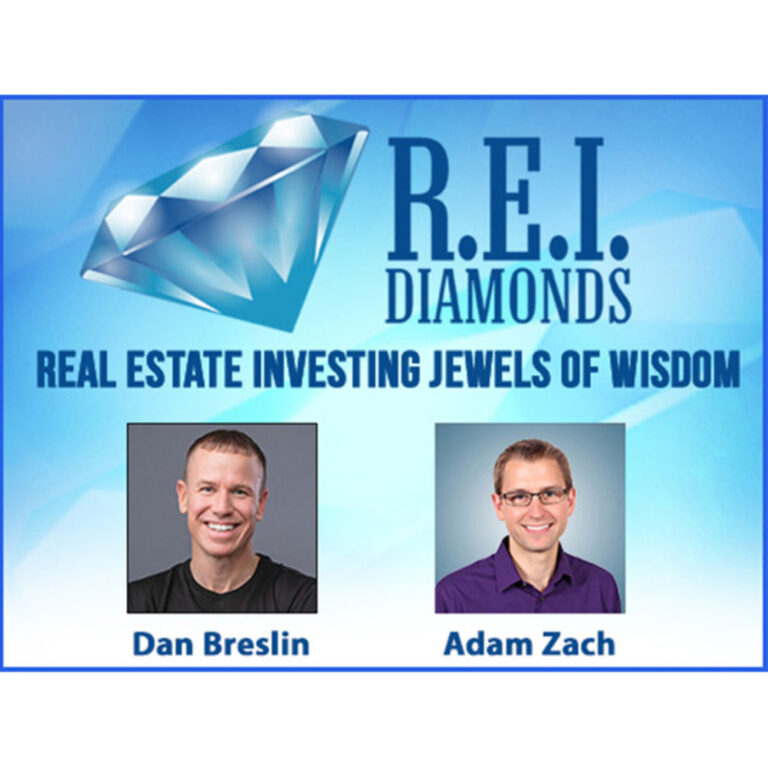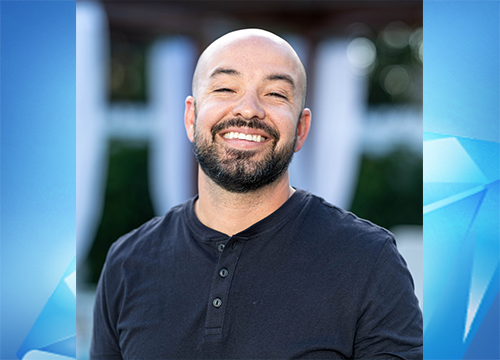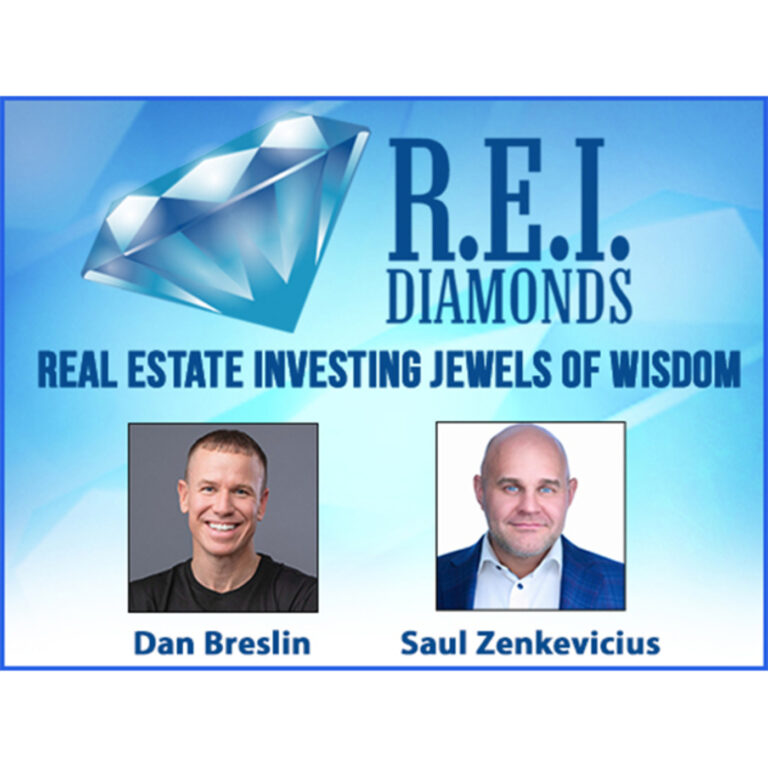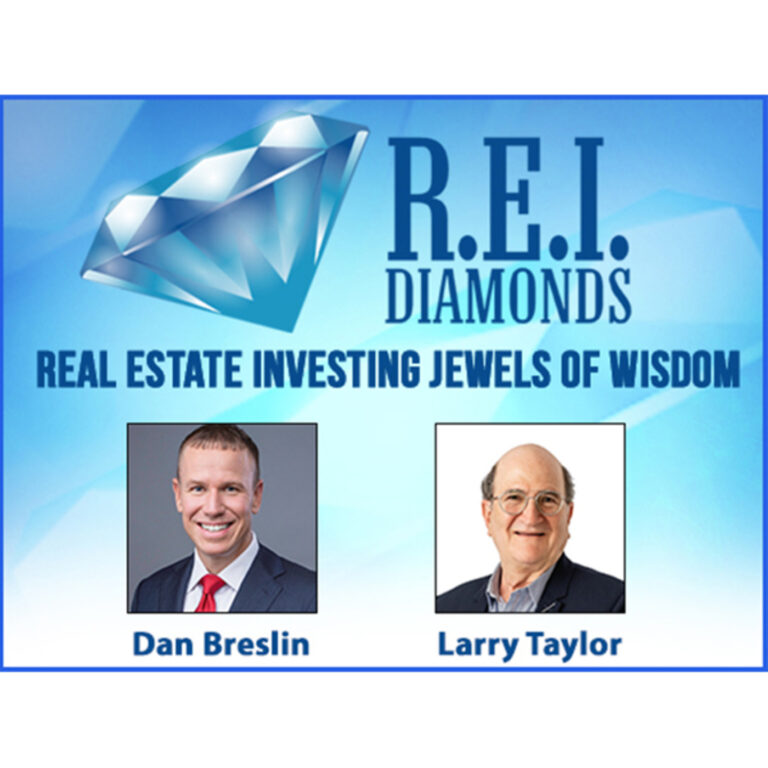
Living by the Water: Real Estate Insights with Roger King on Waterfront Investments & Tax Benefits
Guest: Roger King, an experienced real estate investor now residing in Puerto Rico, joins us on the REI Diamond Show. With a career spanning over 30 years, Roger’s expertise ranges from residential to commercial real estate, with a particular focus on waterfront properties and leveraging the tax advantages of Puerto Rico. His journey from aspiring musician to a successful investor provides a wealth of knowledge and inspiration for those navigating the real estate landscape.
Big Idea: Roger King highlights how waterfront living enhances property value and personal well-being, sharing his own experiences of moving to Puerto Rico. The island offers a unique blend of scenic beauty and lifestyle benefits, complemented by substantial tax incentives such as the elimination of capital gains taxes and lower property taxes. This strategic move not only improves his quality of life but also bolsters his wealth-building efforts, showcasing the powerful synergy between lifestyle choices and financial planning in real estate.
This Episode of The REI Diamonds Show is Sponsored by the Deal Machine. This Software Enables Real Estate Investors to Develop a Reliable & Low Cost Source of Off Market Deals. For a Limited Time, You Get Free Access at http://REIDealMachine.com/
This Episode is Also Sponsored by the Lending Home. Lending Home Offers Reliable & Low Cost Fix & Flip Loans with Interest Rates as Low as 9.25%. Buy & Hold Loans Offered Even Lower. Get a FREE IPad when you Close Your First Deal by Registering Now at http://REILineOfCredit.com
Resources mentioned in this episode:
For Access to Real Estate Deals You Can Buy & Sell for Profit:
https://AccessOffMarketDeals.com/podcast/
Roger King & I Discuss Real Estate Insights on Waterfront Investments & Tax Benefits:
- Introduction and Background (00:00:26)
Roger shares his current life in Puerto Rico and the positive influence of ocean views on his well-being and lifestyle choices. - Roger’s Real Estate Journey (00:13:54)
Roger recounts his first real estate deal in Orlando and subsequent ventures, illustrating his progression from wholesaling to flipping properties and beyond. - Lessons from a Major Deal Gone Wrong (00:34:12)
Roger discusses a challenging investment in a church property in Savannah, detailing the lengthy foreclosure and bankruptcy process and the valuable lessons learned. - Selecting and Managing High-Quality Partnerships (00:38:56)
Roger emphasizes the importance of choosing reliable partners who bring complementary skills, sharing insights on joint ventures and ensuring all partners have a stake in the success. - The Value of Continuous Deal Flow (01:00:07)
Roger explains the necessity of maintaining a steady stream of new deals, even in difficult times, to offset past losses and sustain momentum in real estate investing.
Relevant Episodes: (200+ Content Packed Interviews in Total)
- How to Bill Your Tenants for Water Usage with Kelly Koontz
- Getting High Return on Investment through Co-Living Rentals with Johnny Wolff
- Johnny Wolff on how to Unlock Passive Wealth with Real Estate and Innovation
- Real Estate Insights and Opportunities From Chicago to Austin with Drew Breneman
The transcript of this episode can be found here.
Transcripts of all episodes can be found here.

